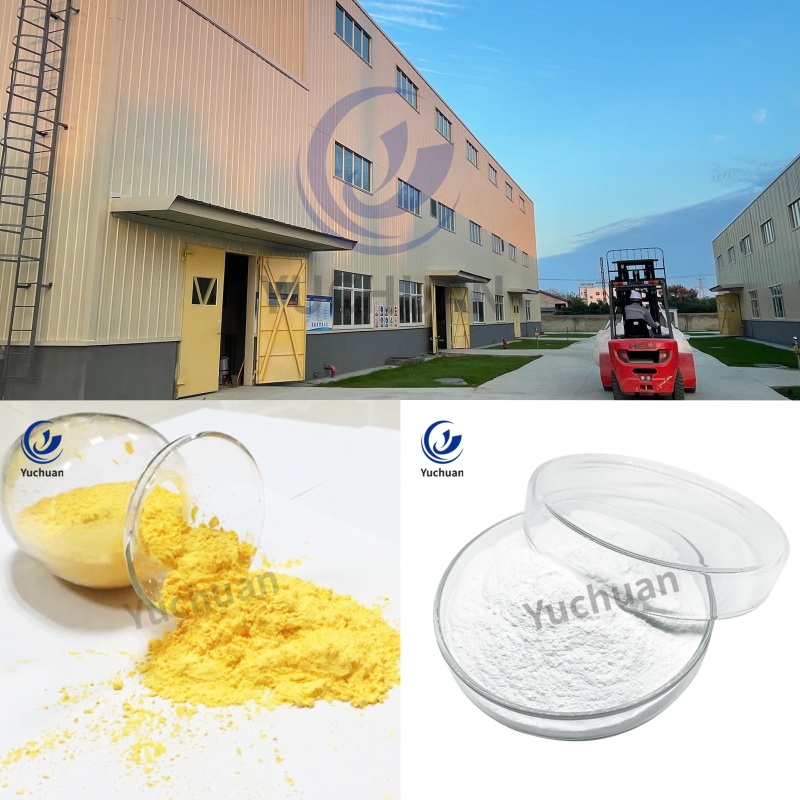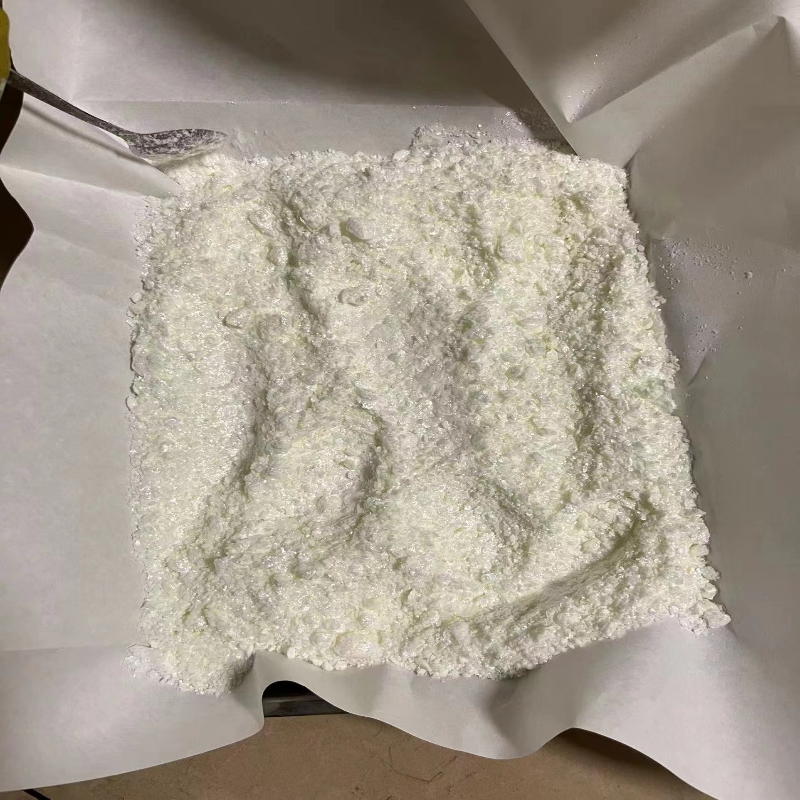-
Categories
-
Pharmaceutical Intermediates
-
Active Pharmaceutical Ingredients
-
Food Additives
- Industrial Coatings
- Agrochemicals
- Dyes and Pigments
- Surfactant
- Flavors and Fragrances
- Chemical Reagents
- Catalyst and Auxiliary
- Natural Products
- Inorganic Chemistry
-
Organic Chemistry
-
Biochemical Engineering
- Analytical Chemistry
-
Cosmetic Ingredient
- Water Treatment Chemical
-
Pharmaceutical Intermediates
Promotion
ECHEMI Mall
Wholesale
Weekly Price
Exhibition
News
-
Trade Service
BASF and Orsted have entered into a 25-year fixed-price corporate power purchase agreement (CPPA) under which BASF will offtake the 186 MW output of Orsted's planned Borkum Riffgrund 3 offshore wind farm in the German North Sea
.
The offshore wind farm has a total installed capacity of 900 MW and will be fully commercialized in 2025
.
Orsted recently received planning approval from the German Federal Office for Maritime and Hydrology (BSH)
.
With this CPPA as a tangible first step, the two companies will examine where future interests can be matched to support emissions reductions in the chemical industry
.
The PPA will help meet the increased demand for electricity from BASF's low-emission technology and is a step towards BASF's goal of becoming carbon neutral by 2050
.
As the agreement will run for 25 years, it is the longest offshore wind CPPA ever announced and an important step in Orsted's final investment decision on Borkum Riffgrund 3, expected to be completed by the end of 2021
.
Borkum Riffgrund 3 is the world's first large-scale offshore wind farm to be awarded with zero bids
.
Dr.
Martin Brudermuller, Chairman of the Executive Board of BASF AG, said: “This supply agreement with Orsted is another important step in securing more renewable energy for
BASF.
By 2030 BASF wants to reduce its CO2 emissions by 25% compared to 2018.
%
.
To achieve this ambitious goal, we must replace a significant amount of fossil energy with renewable energy in the next few years.
Orsted can provide the additional amount needed to support our energy transition by building new wind farms
.
”
Mads Nipper, CEO of Orsted, said: “Partners like BASF will play an important role in the common fight against climate change
.
The chemical industry has a challenging path to decarbonisation, but it will also make the biggest To
this end, countries like Germany must respond to the huge demand for electricity from renewable sources, urgently provide more seabed for offshore wind projects, and increase their ambitions to deploy large-scale renewable energy sources such as offshore wind
.
Offshore wind in the North Sea and Baltic Sea is a rich source of green electricity that can be unleashed through clearer and more ambitious policies
.
"
"Orsted and BASF share a vision that innovative zero-emission technologies like large-scale offshore wind can play an important role in reducing emissions in the chemical industry," said the two CEOs, Brudermuller and Nipper
.
BASF is working to bring low-emission technologies to the industrial level
.
On this path, beyond 2030, BASF expects technologies such as hydrogen production using CO2-free methods and electrically heated steam crackers, which will significantly increase BASF's need for renewable power
.
Orsted is also pursuing ambitious decarbonization goals
.
Orsted's goal and plan is to achieve carbon neutrality in energy production by 2025 and full value chain decarbonization by 2040, and is the world's first energy company with a scientifically validated program
.
Orsted aims to install 50 gigawatts of renewable energy capacity by 2030
.
Of that, 30 gigawatts will be offshore wind
.







